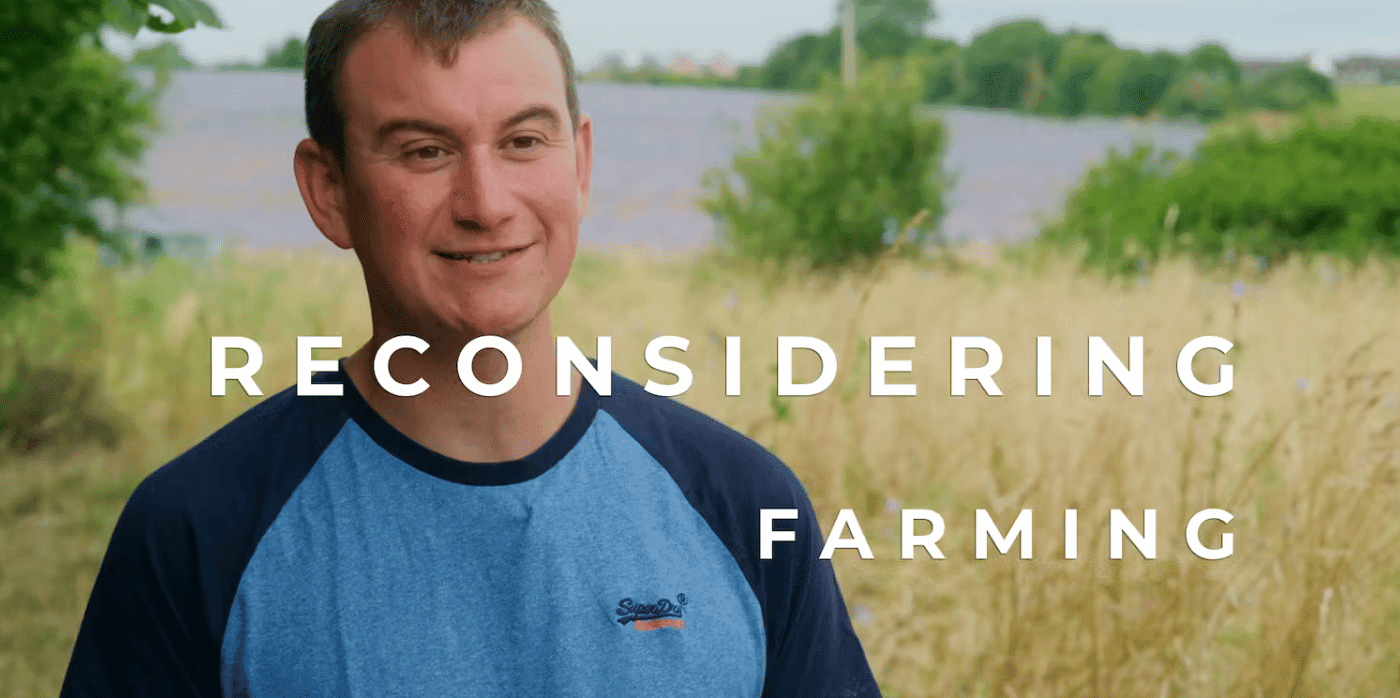
Spotted: Agriculture finds itself at a crucial intersection. It is one of the most vulnerable sectors to the impacts of climate change and yet it is one of the world’s biggest emitters of greenhouse gases (GHGs). Figures vary depending on the scope of the study, but in 2019, for example, the United Nations’ Intergovernmental Panel on Climate Change estimated that the global food system was responsible for up to 37 per cent of GHGs. The world has a growing population to feed, and yet intensive farming degrades the quality of topsoil, which is where nutrients, water and carbon are stored.
There is a solution already being implemented. Well-integrated and diverse agroecological systems can promote greater carbon sequestration because the methods used actually increase soil health. They also bolster resilience in terms of livelihoods and natural ecosystems thanks to a more interconnected approach between plants, animals, humans, and the environment. This regenerative style of farming does away with the over-use of heavy machinery, eliminates the introduction of chemicals entirely, and considers more diverse ways of both generating revenue and contributing to the health of the surrounding landscape.
For example, George Young aka Farming George, the owner of a zero-tillage, zero-insecticide, arable and livestock farm in Fobbing in South East England, plants a wide range of crops that are harvested at different times. He has also introduced ‘leys’ – temporary grasslands – made up of diverse perennial species. Cattle graze these leys, converting plant carbon to dung, which in turn has a positive impact on soil fertility. Under 30 miles from London and barely 2 miles from the London Gateway commercial port, Fobbing Farm is home to traditional crops as well as approximately 7,000 trees, including fruit and nut trees, birch for sap, willow for tree mulch, and other woodland for felling.
Regenerative farming practices are key to ensuring future food production is sustainable. In the archive, Springwise has also spotted one company providing financial support to regenerative farmers, and another restoring the health of soils with pre and probiotics.
Written By: Angela Everitt
Video credit: RE:TV

